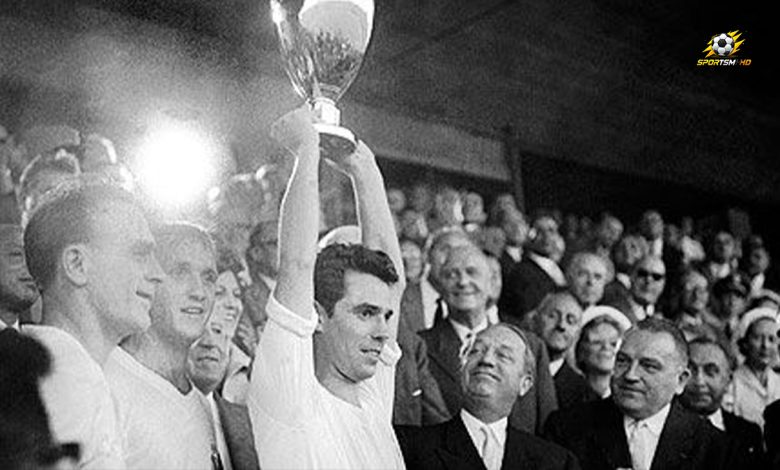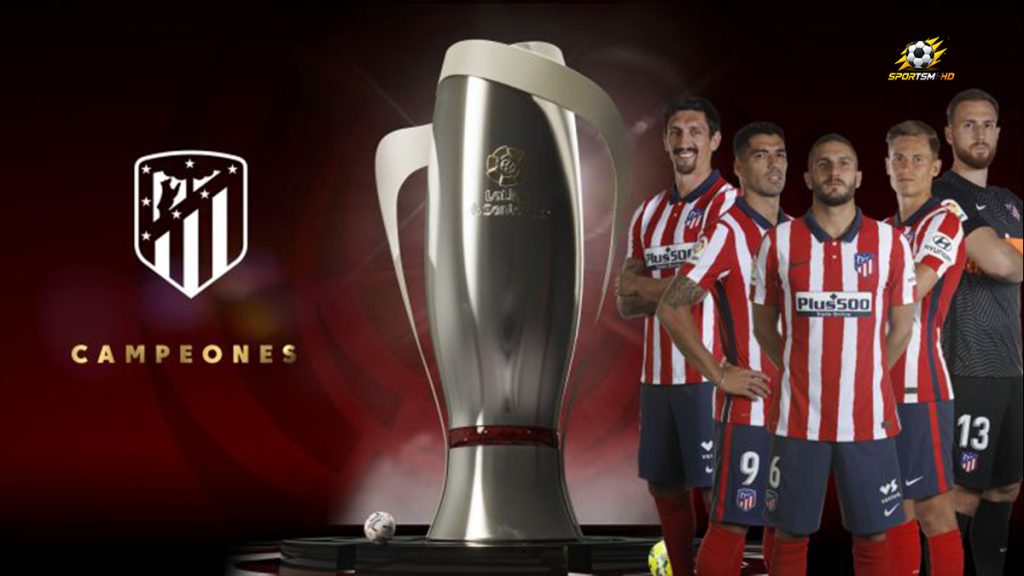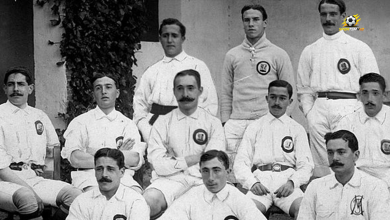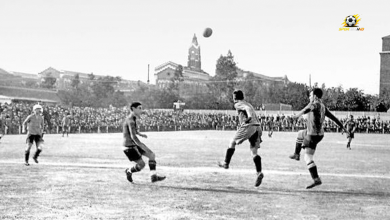Atletico Madrid: A Complete History of the Spanish Football Giant

Atletico Madrid, one of Spain’s most successful and historically rich football clubs, has built a legacy of resilience, passion, and tactical excellence. Established in 1903, the club has grown into a European powerhouse, known for its fierce rivalry with Real Madrid, its incredible defensive discipline, and a dedicated fanbase.
This article explores the club’s origins, successes, challenges, and impact on global football.
Founding and Early Years (1903-1930s)
Atletico Madrid was founded on April 26, 1903, by a group of Basque students living in Madrid. Initially, it functioned as a branch of Athletic Club Bilbao, adopting similar colors and kit design. However, by 1921, Atletico Madrid became an independent club, laying the groundwork for its own footballing identity.
During the 1920s, the club established itself as a competitive team in Spanish football. Atletico Madrid played in the initial season of La Liga in 1929 but struggled to make an immediate impact. The early years were marked by inconsistent performances, and by the mid-1930s, the team was relegated to the second division.
Post-Civil War and First Golden Era (1940s-1950s)
The Spanish Civil War (1936-1939) disrupted football across Spain, but Atletico Madrid re-emerged stronger. In 1939, the club merged with Aviacion Nacional, a team associated with the Spanish Air Force, and was renamed Athletic Aviacion de Madrid. This merger led to a new era of success, with the club winning back-to-back La Liga titles in 1940 and 1941 under legendary coach Ricardo Zamora.
In 1947, the club reverted to its original name, Club Atletico de Madrid. The 1950s saw the emergence of talented players like Adrián Escudero and Joaquín Peiro, who helped Atletico compete at the highest level. During this period, Atletico Madrid won two more La Liga titles (1950 and 1951) and firmly established itself as one of Spain’s top clubs.
The European Stage and Rise to Prominence (1960s-1970s)
The 1960s marked Atletico Madrid’s growing influence in European football. In 1962, the club won its first major continental trophy, the UEFA Cup Winners’ Cup, by defeating Fiorentina. Atletico consistently challenged Real Madrid’s dominance, securing La Liga titles in 1966 and 1970.
One of the most significant moments in Atletico’s history came in 1974 when they reached their first European Cup (now UEFA Champions League) final. Facing Bayern Munich, Atletico led 1-0 in extra time before conceding a late equalizer. In the replay, Bayern won convincingly, but Atletico had cemented itself as a European force.
Domestically, Atletico Madrid won the 1976 and 1977 Copa del Rey titles, maintaining its status as one of Spain’s premier clubs.
Unstable and Revival (1980s-1990s)
The 1980s were a period of inconsistency for Atltico Madrid. Despite winning Copa del Rey titles in 1985 and 1991, league success eluded the club. Financial instability and managerial changes affected their performance, and Atletico struggled to keep up with FC Barcelona and Real Madrid.
In 1996, under the management of Radomir Antić, Atletico Madrid experienced a resurgence. The team, featuring stars like Diego Simeone, Kiko, and Milinko Pantic, won a historic domestic double—La Liga and Copa del Rey. This success rejuvenated the club and its supporters, signaling a return to the top.
The Modern Era and Diego Simeone’s Influence (2000s-Present)
The early 2000s saw Atletico Madrid face one of its darkest periods when it was relegated to the Segunda División in 2000. However, the club quickly returned to La Liga in 2002 and began rebuilding. The arrival of Fernando Torres, a product of Atlético’s youth system, gave fans hope, though major titles remained elusive.
The turning point came in 2011 when Diego Simeone was appointed as head coach. Under his leadership, Atletico Madrid transformed into one of Europe’s most disciplined and successful teams. Simeone’s tactical philosophy—based on solid defense, counter-attacking football, and high intensity—turned Atlético into serious title contenders.
Under Simeone, Atlético achieved remarkable success:
La Liga Title (2013-14): Atletico Madrid broke the Fc Barcelona-Real Madrid duopoly by winning La Liga in 2014, with Diego Costa, Koke, and Thibaut Courtois playing crucial roles.
UEFA Champions League Final Appearances (2014, 2016): Atletico reached two Champions League finals, both against Real Madrid. Despite losing on both occasions, these performances cemented their status as an elite European club.
Europa League Titles (2012, 2018): Atletico won two UEFA Europa League trophies, defeating Athletic Bilbao (2012) and Olympique de Marseille (2018), showcasing their strength in European competitions.
Copa del Rey (2013): In a memorable final at Santiago Bernabeu, Atletico defeated Real Madrid, ending a 14-year winless streak against their city rivals.
La Liga Title (2020-21): Led by Luis Suarez, Atletico Madrid won their 11th league title in 2021, once again proving their resilience and determination.

Atletico Madrid’s Rivalries and Fan Culture
Atletico Madrid’s fiercest rivalry is with Real Madrid, known as El Derbi Madrileno. This rivalry extends beyond football, representing the working-class identity of Atletico fans against the perceived elitism of Real Madrid supporters.
Another significant rivalry is with FC Barcelona, especially in recent years as Atletico has emerged as a challenger to the traditional dominance of Barça and Real Madrid.
Atletico’s fanbase, known as Los Colchoneros (The Mattress Makers), is one of the most passionate in world football. Their home, Estadio Wanda Metropolitano, is known for its electrifying atmosphere, making it one of the most intimidating venues in Europe.
Cultural and Global Impact
Atletico Madrid is not just a football club; it represents resilience and passion. Unlike the financial muscle of Real Madrid and FC Barcelona, Atletico has built success through grit and unity. The club has also expanded its global presence, attracting international talent and partnering with brands worldwide.
With a strong emphasis on youth development, Atletico has produced and nurtured world-class players like Fernando Torres, Koke, and Saúl Ñíguez, ensuring a bright future for the club.
Finally: A Club Built on Passion and Perseverance
Atletico Madrid’s journey from a small Basque-founded club to one of Europe’s most formidable teams is a testament to its resilience and identity. Through ups and downs, the club has maintained a competitive spirit, challenging football’s biggest names and winning major titles. Under Diego Simeone, Atletico Madrid has redefined modern football with tactical discipline and an unbreakable team mentality.
As the club moves forward, with new stars and ambitions, Atlético Madrid remains a beacon of determination and passion in football. Whether battling for La Liga supremacy or competing in Europe’s biggest tournaments, Atlético Madrid continues to embody its famous motto: “Nunca dejes de creer” (Never Stop Believing).
Do you Love this Atletico Madrid history?

